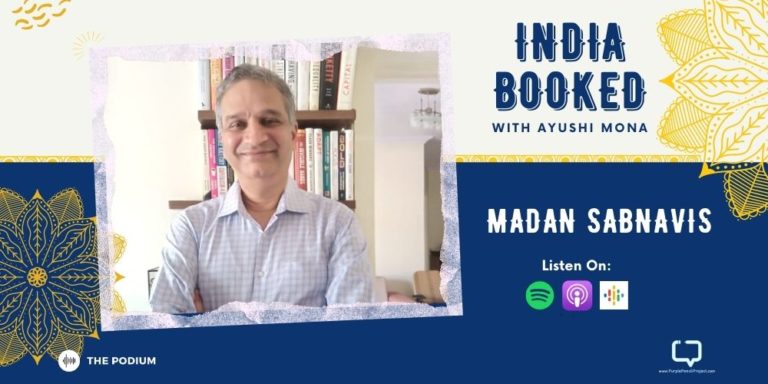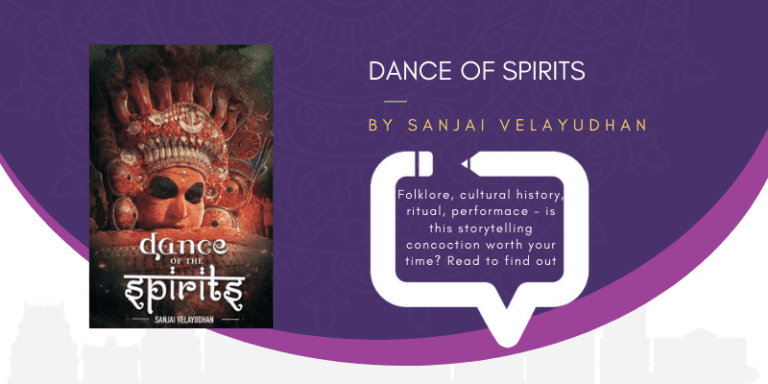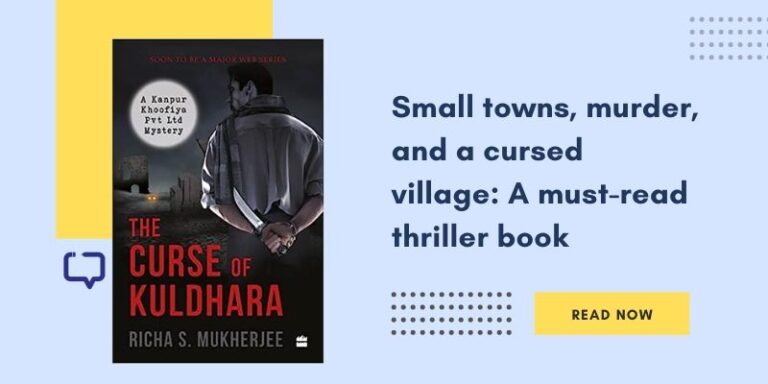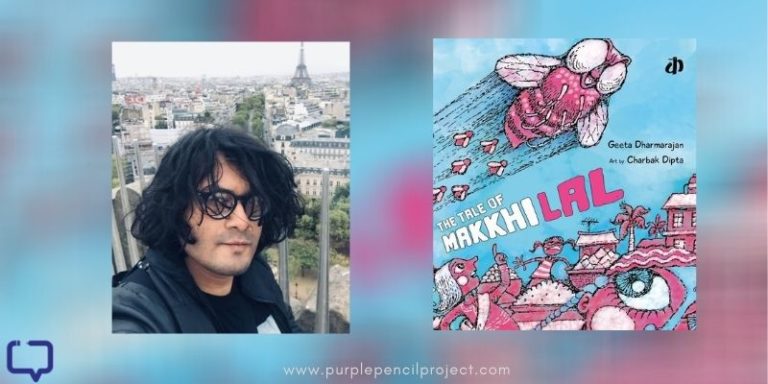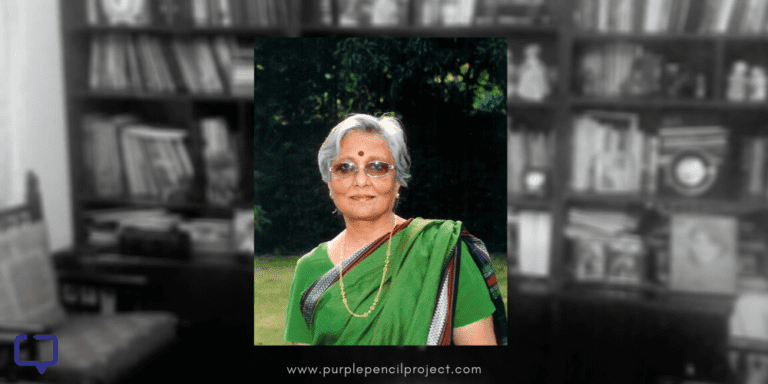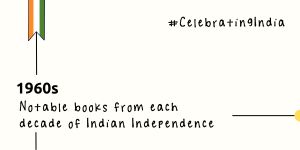Her name takes up more than half my title. Her stories took up more than half my soul. When my friend and culture guide Nilay lent me the book, I had not heard of her. If you haven’t, please don’t wait as long as I did.
The thing with scaring people through books is this; it’s perhaps as difficult to read as to write. You don’t have dim lights and Dolby surround sound — and the imagination must sometimes struggle. The last horror book I read was Stephen King’s Revival and I needed to consult a series of paintings to bring his words fully to life. (You can read about it here.)
We encourage you to buy books from a local bookstore. If that is not possible, please use the links on the page and support us. Thank you.
Ludmilla Petrushevskaya (it will take a couple of tries before you get it right)is a Russian writer and she, along with Angela Carter is among the two most well-known deconstructionists of today. But I didn’t read Scary Fairy Tales as anything but stories by themselves. (Although they did break the myth about the romantic, idyllic rural life. Living off-the-grid is not all Instagram posts, it is learning how to grow wheat under the snow and walking miles to trade sugar for milk.)
The collection is divided into four sections. They are some parts of everything; mystical, dark and surreal, apocalyptic and bleak and terrifying. People enter dreams and alternate realities with equal ease, they travel through the worlds of our distressed minds.
Songs of the Eastern Slav, the first section, includes the four stories “The Arm”, “Revenge”, “Incident at Sokolniki” and “A Mother’s Farewell”; endearing stories of the family helping the family through different stages of life; from childhood to death.
Allegories are my favourite collection and begin with ‘Hygiene’ where an epidemic kills an entire family, and people are forced to steal bread for survival. It’s terrifying and brutal. The other two sections are Requiems and Fairy Tales and the collection ends with the wonderful ‘The Black Coat’, a story about two women who find each other in life after suicide, and then come back to correct it. All the stories, no matter what — end in equal parts despair and hope. In ‘The New Robinson Crusoes’, a family moves from the city to the village, from the village to the forest to escape the pillagers that come, at every stage to steal food and goats and clothes to get by one season after another. Each time the family escapes, and the in the end, in a cabin deep in the woods, the son and the father relax just for a moment — knowing that they have at least some time to plan their next escape.
Ludmilla plays with the mind; of both her characters and the readers. She uses more than one plane of reality to explore the stories, prodding them with her direct language and lucid thinking. And above all, are her opening sentences. The Miracle starts like this — “There once lived a woman whose son hanged himself.” The Fountain House starts like this — There once lived a girl who was killed and then brought back to life. No nonsense.
“Two Kingdoms” will remind you of the little clinic in Norwegian Wood or of the bipolar tendencies of the Fight Club. Marilena will make you whoop in delight, My Love will remind you of the sacrifices of women in general to make both a marriage and a family work, till the very end.
I am sure to read more of her. And then re-read some more.
Favourite Quote:
Where there’s no judge, death will stalk the earth.
Recommended Age Group: 21 years and above
*Feature Image Courtesy: Signature Reads.











